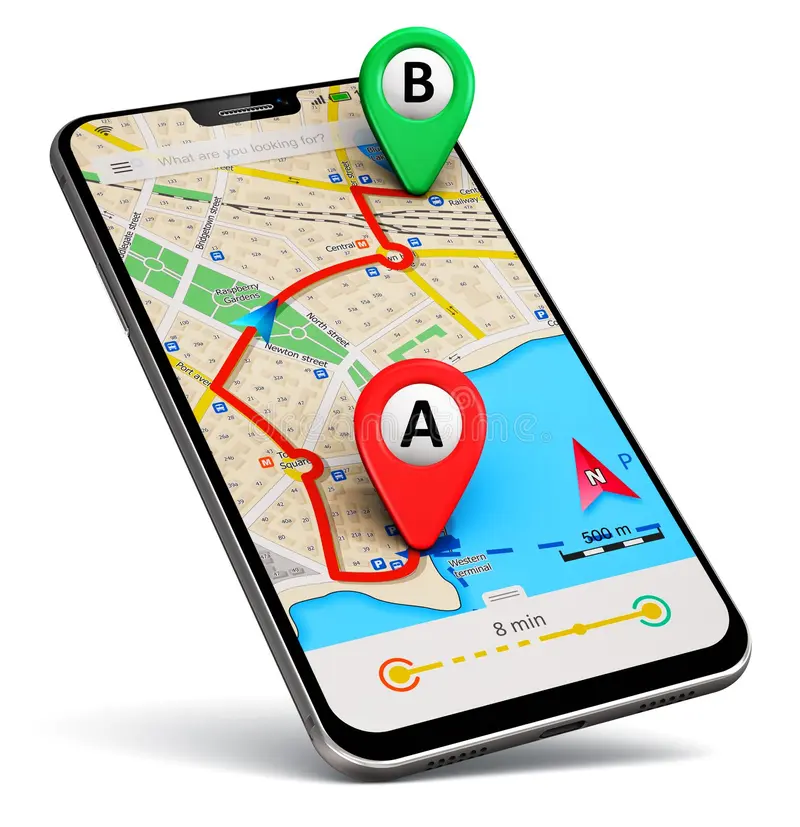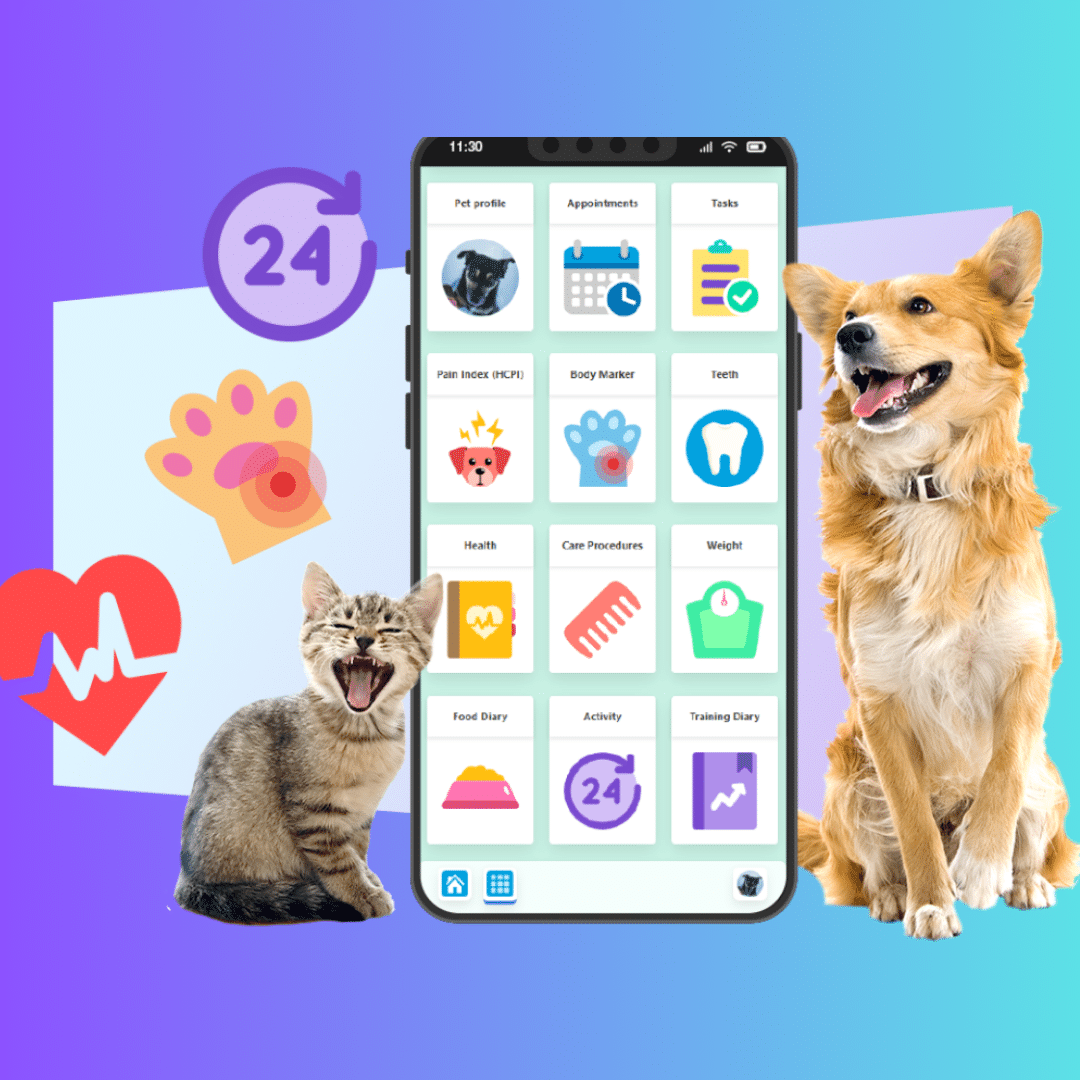The Most Effective Language Learning Apps
In this article, we’ll explore the most effective apps for learning a new language, each with its own set of features and benefits.
Learning a new language is a challenging and exciting journey. Whether it’s to enhance your professional skills, expand your cultural horizons, or simply enjoy more meaningful travel, language learning plays a key role.
However, traditional approaches aren’t always the most effective. That’s where language learning apps come in.
Rosetta Stone
Rosetta Stone is one of the most recognized names in the world of language learning. Its immersive approach immerses learners in an environment that resembles natural language learning. Strengths include an emphasis on pronunciation and listening comprehension. However, some may find the less structured approach challenging.
Duolingo
Duolingo is a popular option for those who prefer a more gamified learning experience. With short lessons and engaging games, it’s a fun way to learn languages. It’s ideal for beginners and those who want to practice multiple languages at once. However, it may not be as comprehensive as other apps.
Babbel
Babbel stands out for its conversation-focused approach. It offers practical lessons that help learners start speaking from the beginning. In addition, the content is personalized according to the user's proficiency level. However, it may be less effective for improving listening comprehension.
Memrise
Memrise is a platform that emphasizes memorization. It offers a wide range of community-created courses. The interactive learning aspect helps students actively engage in the process. However, it may lack structure compared to other options.
Pimsleur
Pimsleur is known for its auditory approach. The lessons are audio-based, allowing students to develop their listening and speaking skills. The structure of the lessons is highly organized and sequential. However, it may not be as effective in developing writing skills.
How to choose the best app for you
When choosing the right language learning app, it’s important to consider your personal goals. If you value pronunciation and listening comprehension, Rosetta Stone might be the best option. If you prefer a fun, gamified approach, Duolingo is a solid choice. Babbel is perfect for those who want to focus on speaking, while Memrise is ideal for those who excel at memorization. Finally, Pimsleur is the right choice for those who learn best through listening and speaking. Consider your learning goals and preferences before making a decision.
Additional Resources
- Tips to maximize learning: Regardless of which app you choose, consistency is key. Set aside regular time to learn and set achievable goals. Also, try to engage in conversations in the language you’re learning as often as possible.
- The importance of consistency: Language learning is an ongoing process. Consistent practice is more effective than studying in sporadic bursts. Set aside time each day for learning.
Language learning apps have revolutionized the way people approach learning new languages.
With a variety of options available, you can choose the one that best suits your needs and preferences. Whether it’s the immersiveness of Rosetta Stone, the fun of Duolingo, the conversational focus of Babbel, the memorization of Memrise, or the auditory learning of Pimsleur, there’s a tool for everyone. Remember, the key to success is consistency and regular practice.
Frequently Asked Questions (FAQs)
1. What is the best app for learning a new language?
Choosing the best app for you depends on your learning goals and preferences. Rosetta Stone is great for pronunciation and listening comprehension, while Duolingo is great for gamified learning. Babbel focuses on conversation, Memrise on memorization, and Pimsleur on auditory learning.
2. How can I maximize my language learning?
To maximize your language learning, be consistent in your practice. Dedicate time regularly to studying and participate in conversations in the language you are learning whenever possible.
3. How long does it take to become fluent in a new language?
The time to become fluent It varies from person to person and depends on several factors, such as the language in question and the amount of practice. On average, it can take anywhere from six months to several years.
4. Are language learning apps effective for beginners?
Yes, many apps are effective for beginners, especially those that offer structured, progressive lessons.
5. Can I learn more than one language at the same time?
Yes, it is possible to learn more than one language at the same time, but it is important to ensure that you can maintain the focus and consistency needed to successfully learn each language.




Post Comment